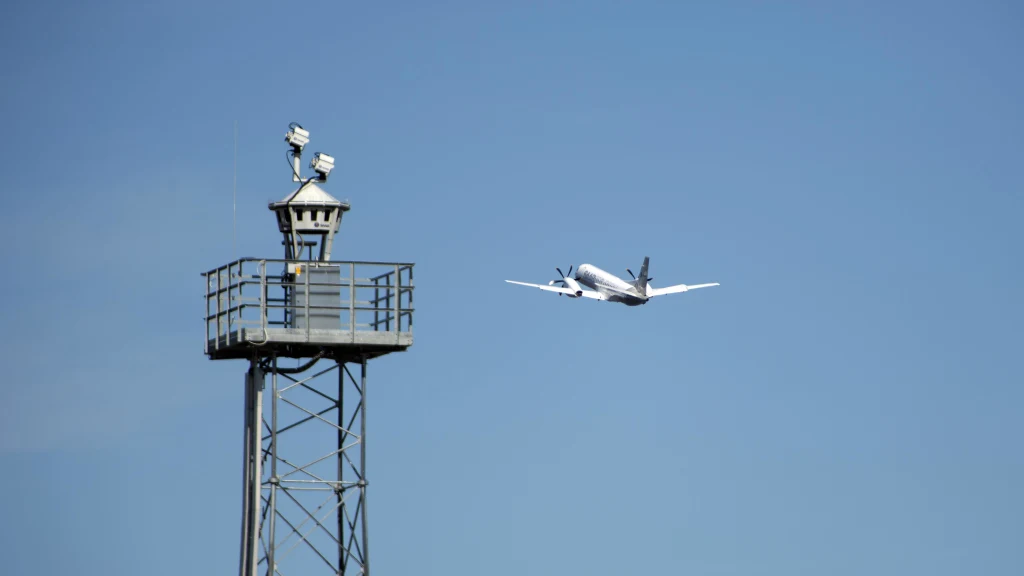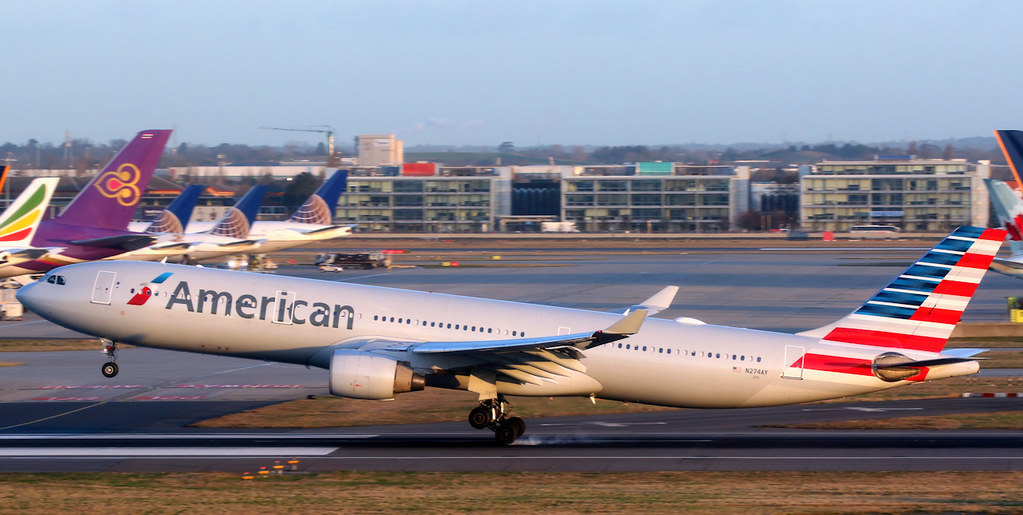The agreement calls for a phased introduction of Saab (OTC: SAABF) Digital Towers for up to six airports and three centres in Belgium. The framework agreement has a fixed part and a conditional part for a total value of just over 48 million Euro, spread over 18 years. The first phase will cover the airports of Liege and Charleroi and a centre in Namur. Delivery to skeyes will start in 2022, with initial operations to be started in 2024. Aviation is an integrated part of the infrastructure in Belgium, and the Digital Tower programme is a forward looking and innovative way of providing a sustainable service for many years to come, as well as a potential role model for Europe.
SDATS’s digital air traffic control solution is a breakthrough in air traffic control and was introduced during 2015 in Sweden, and has been followed up by others including at Cranfield, London City Airport, in Stockholm with a new Digital Tower centre, and later in 2022 by a Digital Tower centre at Schiphol.
skeyes is a leading and an innovating Air Navigation Service Provider. Saab Digital Air Traffic Solutions AB was formed 2016 as a joint venture between Saab and the Swedish Air Navigation Service Provider (LFV). By combining LFV’s unique operational experience with Saab’s world-class technical solutions, Saab Digital Air Traffic Solutions can manage the entire process from planning and implementation to the administration of air traffic control services. As a provider of both the technology and air traffic control services, the company offers new and sophisticated digital services to airports in Sweden and abroad.


